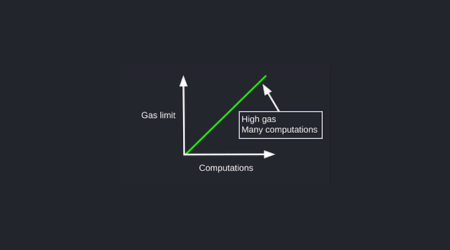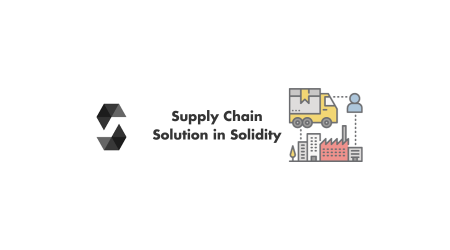Do you want to navigate the complexities of gas prices in Solidity transactions? Brace yourself for a journey into the world of determining gas prices.
Imagine a landscape where factors like network congestion and computational complexity influence the cost of executing smart contracts.
This article will guide you through the factors that affect gas prices, various calculation methods, optimization tips, and best practices for setting gas prices.
Get ready to master the art of determining gas prices in Solidity transactions.
1. Key Takeaways
- Gas prices in Solidity transactions are affected by factors such as gas price volatility, network congestion, computational complexity, and market conditions.
- Various methods and techniques can be used to calculate gas and optimize gas costs in Solidity transactions.
- Gas price estimation techniques can be employed to determine appropriate gas prices based on historical data, current market conditions, and the optimization of smart contract code.
- Setting gas prices in Solidity transactions should consider best practices to strike a balance between transaction speed and cost efficiency, optimize gas consumption, and save on transaction fees.
2. Factors Affecting Gas Prices in Solidity
There are several factors that can affect gas prices in Solidity. Gas price volatility is one such factor, as it can vary greatly depending on market conditions.
The impact of gas price on transaction speed is another important consideration. Higher gas prices can result in slower transaction processing times, while lower gas prices can lead to faster transactions.
Understanding these factors is crucial when determining the most efficient gas calculation methods in Solidity.
3. Gas Calculation Methods in Solidity
You can use various methods in Solidity to calculate the gas required for executing your code. Gas price calculation and gas usage analysis are essential for optimizing gas costs in solidity transactions.
By carefully considering the gas requirements of your code, you can ensure efficient and cost-effective execution.
In the next section, we will explore some tips for optimizing gas costs in solidity transactions, allowing you to maximize the efficiency of your code without compromising functionality.
4. Tips for Optimizing Gas Costs in Solidity Transactions
To optimize gas costs in your Solidity transactions, it’s important to consider various strategies and techniques.
By implementing gas optimization techniques for smart contracts and conducting gas cost analysis in Ethereum transactions, you can ensure efficient and cost-effective operations.
Below is a table that showcases the emotional impact of optimizing gas costs, highlighting the benefits of reduced expenses and improved performance.
In the next section, we will delve into gas price estimation techniques in Solidity to further enhance your transaction efficiency.
5. Gas Price Estimation Techniques in Solidity
By utilizing gas price estimation techniques in Solidity, you can accurately estimate the cost of your transactions. Gas price volatility in Ethereum and its impact on smart contract performance make it crucial to determine the right gas price.
Here are some techniques to consider:
- Use historical gas price data to analyze trends.
- Monitor the current gas price market to make informed decisions.
- Optimize your smart contract code to reduce gas consumption.
- Consider using gas limit estimation tools to prevent out-of-gas errors.
Understanding these techniques will help you set the appropriate gas prices in your Solidity transactions, ensuring optimal performance and cost efficiency.
6. Best Practices for Setting Gas Prices in Solidity Transactions
When setting the gas prices for your Solidity transactions, it’s important to follow best practices to optimize performance and cost efficiency.
To determine the gas price based on network congestion, you can use gas price estimation techniques. These techniques help you find the right balance between transaction speed and cost.
Additionally, you can employ gas cost optimization techniques to reduce unnecessary gas consumption and save on transaction fees.




